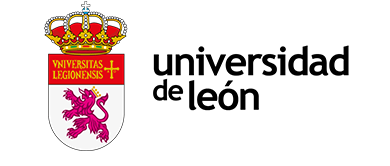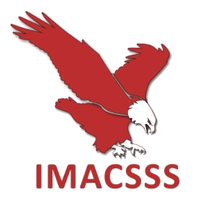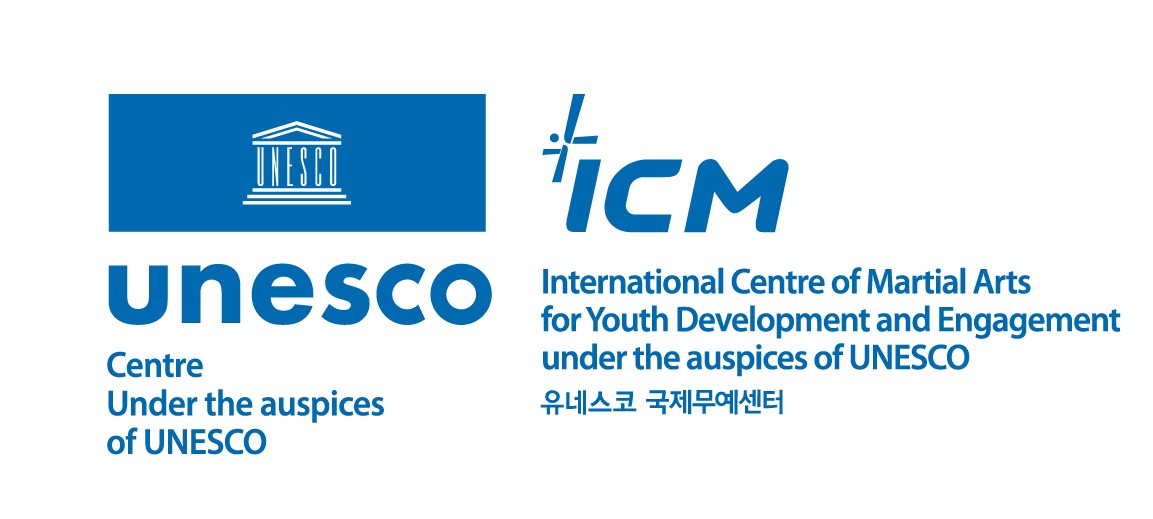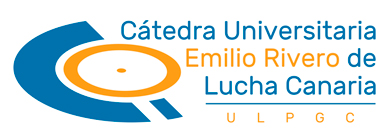Activities
Key lectures
Presented by Professors Thomas Green (USA) and Emerson Franchini (Brazil), two outstanding figures in the study of martial arts and combat sports for decades (see their short biographies below). These lectures will highlight some of the key topics of the conference, and will allow participants to interact with the presenters in the subsequent question and answer session.
- An Anthropological Perspective on Martial Culture: Performance, Politics, and Piety. Thomas Green.
- Present and future challenges in combat sports training research. Emerson Franchini.
Seminars / Workshops
Aimed at raising awareness and discussing current developments and techniques for research and intervention in various areas of MA&CS from a theoretical and practical perspective.
- Combat sports as an inclusive tool: outcomes and adapted practices for people with intellectual disabilities. José Morales.
- Ethnographic research 1: Getting started with fieldwork. Raúl Sánchez-García.
- Ethnographic research 2: Confronting ethical problems. Alex Channon.
- Ethnographic research 3: Representation through writing. George Jennings.
- Hydration and hydration monitoring in combat sports. Bayram Ceylan.
- Velocity-based resistance training in combat sports: methodology for the one-repetition maximum (1RM) test. Luis Santos.
- Post-activation performance enhancement (PAPE) in combat sports. Emerson Franchini and Monica Yuri Takito.
- Preparing and assessing reality-based self-defense scenarios. Zdenko Reguli and Jitka Reguli Čihounková.
Expert panel
In which a group of experts will help us to understand the particularities of a specific topic related to MA&CS on the basis of their expertise, research and experiences.
The topics for expert panel will be announced in the coming weeks.
Communications
Submissions accepted for presentation at the conference will be presented by their authors in specific sessions. Depending on the number of accepted proposals, it is possible that some of them will be displayed as poster, for which specific spaces and times will be reserved. Accepted communications will be published in a proceedings book edited by the Publications Service of the Universidad de León. Young researchers will be able to participate in the Young Researchers Awards, which are given at each IMACSSS conference.
Meals and coffee breaks
In order to make it easier for participants to get to know each other, the breaks and meals of the Congress will be held in the Faculty of Physical Activity and Sport Sciences and/or in the University’s cafeterias. The dinners will be held in the historic centre of León, so that participants can experience the charm of this beautiful city.
Cultural Programme
The conference activities will be rounded off by a cultural programme designed to introduce participants to the city of León, its emblematic places and some of its traditions, including Lucha Leonesa.
The cultural programme will be announced in the coming weeks.
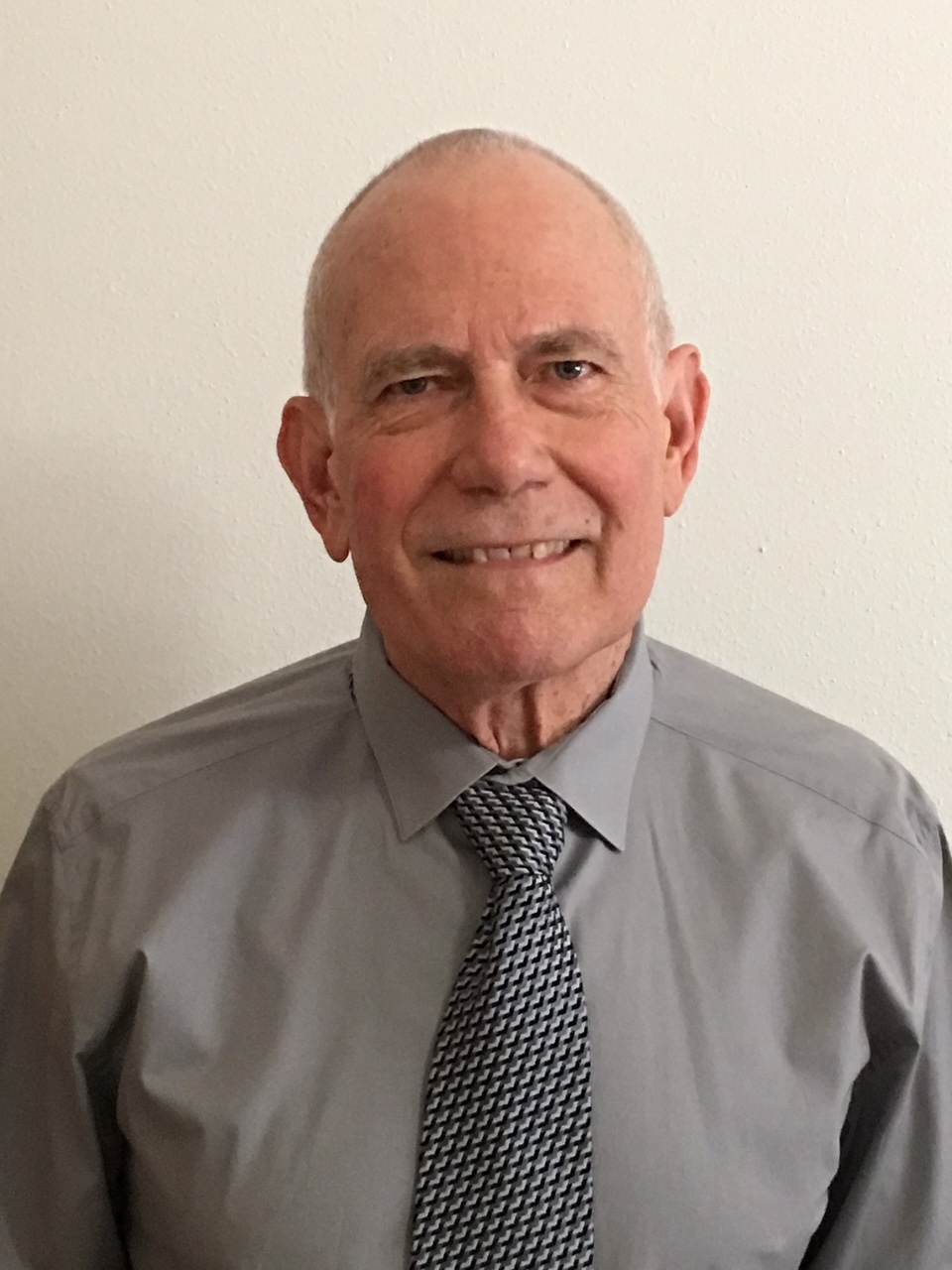
Thomas A. Green, Professor Emeritus of Anthropology, Affiliated Faculty Africana Studies and Religious Studies, Texas A&M University.
Thomas A. Green earned his PhD in Anthropology (with a concentration in Folklore) from the University of Texas at Austin. After teaching Folklore and Native American Studies at Idaho State University and Folklore at the University of Delaware, he joined the faculty of Texas A&M University in 1978. Dr. Green also has held visiting professorships at the University of Texas at Austin (English and Anthropology), Luther College (Anthropology and Dance) and Southwest University of China, Chongqing, China (Ethnology and Sport Science). He has conducted research among groups ranging from mainland Chinese martial artists to African-American and Native American political activists, focusing on the ways that traditional art forms – especially festival, drama, and martial culture – identify and manage social relationships. He currently collaborates with Chinese colleagues on the impact of state recognition of martial practices as intangible heritage arts in China. In addition to over one hundred academic articles and notes, he has published twelve book-length volumes on these topics – including Martial Arts of the World: An Encyclopedia (2001), Martial Arts in the Modern World (2003), Martial Arts of the World: An Encyclopedia of History and Innovation (2010) –, volumes which have won a total of five awards. Dr. Green has served in editorial roles for academic journals in the U.S., Europe and China, including Martial Arts Studies, Revista de Artes Marciales Asiáticas, IDO Movement for Culture: Journal of Martial Arts Anthropology, Humanities, and the Journal of American Folklore, the flagship journal of his sub-discipline. His recent research continues to focus on social functions of combat sport and African-descended and Chinese vernacular martial culture.
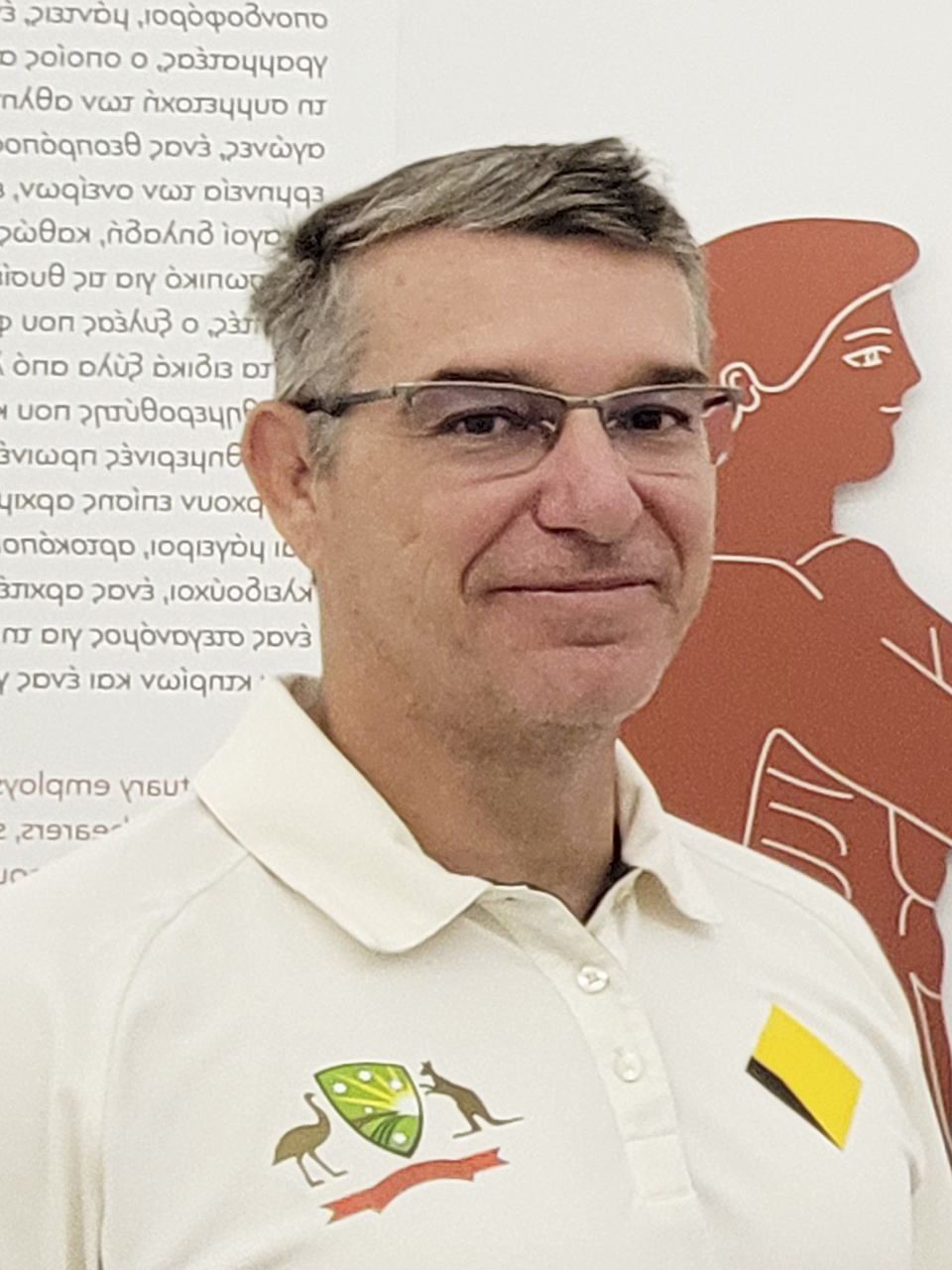
Emerson Franchini, Professor at the Sport Department, School of Physical Education and Sport, University of São Paulo
Emerson Franchini holds a degree in Physical Education (1995) and a PhD in Physical Education – Biodynamics of Human Movement (2001) from the University of São Paulo. He has carried out post-doctoral research at the University of Montpellier (France) and at the Australian Institute of Sport (Australia). He has experience in the field of physical education and sport, with a focus on wrestling and martial arts, and has applied his knowledge to the physical preparation of judo athletes, with positive results in high level competitions such as the Pan American Games (bronze for Alexandre Lee and silver for Leandro Guilheiro in 2007; silver for Rafael Silva; gold for Leandro Guilheiro and Tiago Camilo in 2011; gold for Tiago Camilo in 2015), World Championships (silver in 2010 and bronze in 2011 for Leandro Guilheiro and bronze in 2014, 2017 and 2023 for Rafael Silva) and Olympic Games (bronze medals for Leandro Guilheiro in Beijing 2008 and Rafael Silva in London 2012 and Rio 2016 in the individual and Tokyo 2020 in the team). In terms of research, he has developed projects and publications with researchers from more than 20 different countries. In September 2016, the Wizdom website published a list of researchers with Olympic disciplines, in which he was ranked third overall and first in judo. He has lectured in Australia, Brazil, Chile, Croatia, Spain, the United States of America, France, Italy, Portugal, Russia and Serbia, and has presented papers in more than 25 countries. Honorary Professor at the School of Physical Activity, Sport and Health Sciences, University of Santiago de Chile (2017) and Visiting Professor at the University of León (Spain, 2017). In 2021, she was included in the list of the 2% researchers with the highest C-score in Sport Sciences, a position he has maintained in 2022, 2023 and 2024.
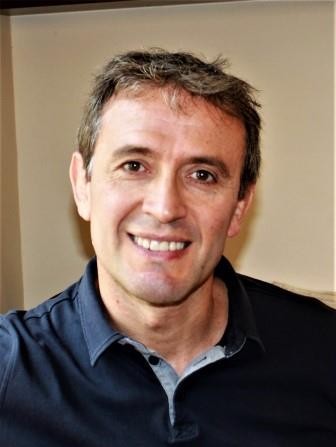
José Morales, Associate Professor at the Faculty of Psychology, Education, and Sport Sciences, Ramon Llull University, Spain
Dr. Jose Morales is an Associate Professor at the Ramon Llull University in Barcelona, at the Faculty of Psychology, Education, and Sport Sciences (Blanquerna). He teaches the subject Foundations of Combat Sports in the Degree in Physical Activity and Sport Sciences. A 6th Dan black belt in judo and a Level III coach, Dr. Morales achieved national and international success as a competitor and has trained world-class and Olympic athletes as both a strength and conditioning coach. As a researcher, Dr. Morales has published over 50 academic articles indexed in Web of Science Core Collection and Scopus, focusing on training and performance in judo and other combat sports. He has also served as an editorial board member for several academic journals, including The Arts and Sciences of Judo (International Judo Federation) and Revista de Artes Marciales Asiáticas (RAMA). Dr. Morales has been a visiting professor and researcher at esteemed institutions such as the University of Natural Resources and Life Sciences (Austria), the University of Central Florida (USA), Waseda University (Japan), Tokyo Gakugei University (Japan), and the University of Genoa (Italy). His recent projects focus on the benefits of judo-based sports programs for individuals with Autism Spectrum Disorder (ASD) and intellectual disabilities (ID). Between 2019 and 2022, he coordinated the AUTJUDO project, an international Erasmus+ Sport initiative involving six European countries. This project explored the effects of adapted judo programs on children with ASD and earned the prestigious UNESCO ICM Martial Arts Education Prize in 2022. Currently, Dr. Morales leads two EU-funded Erasmus+ Sport projects: the Judo Intellectual Disability Project (JIDP), which aims to improve the quality of life and nutritional habits of adolescents with ID, and KATAUTISTM, in collaboration with the European Judo Union (EJU) and the Italian Judo Federation, promoting the inclusion of children with autism in the educational system.
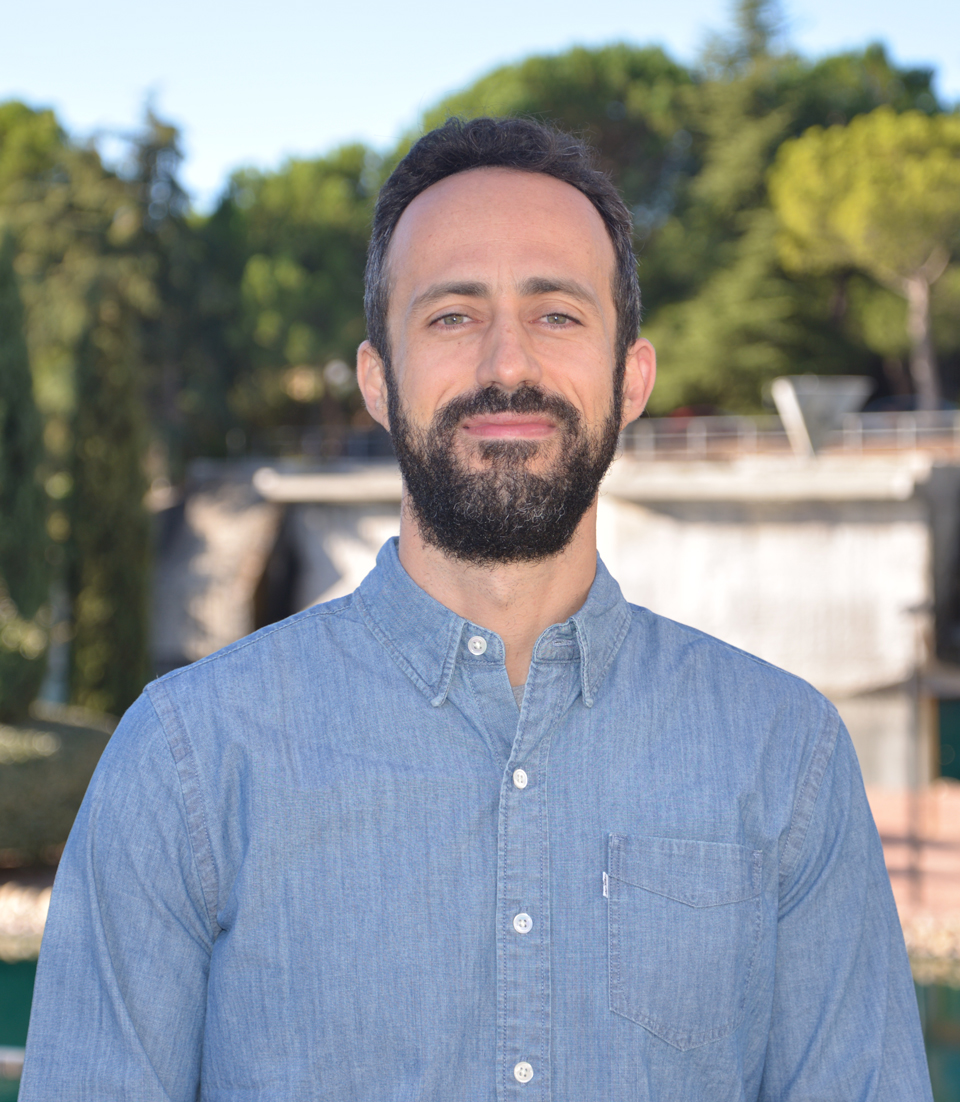
Raúl Sánchez García, Dr., researcher at the Sport Science Research Centre (CIDE), Universidad Rey Juan Carlos, Spain
Member of the editorial board of RAMA (Revista de Artes Marcialees Asiáticas), IRSS (International Review for the Sociology of Sport) and Sociología del deporte. Member of the Sociology of Sport working group at Federación Española de Sociología (FES). His main areas of research are the following: ethnographic studies of martial arts combat sports, sports subcultures and children’s games in urban environments; sport and social theory (including debate with cognitive sciences); socio-historical analysis of martial arts/combat sports and violence. He conducted ethnographic fieldwork in boxing and aikido during his thesis, showing and comparing differences and commonalities on the understanding of the martial art and combat sport as (institutionalised) violence; he also did ethnographic research on skateboarding in the city of Madrid; and recently, he produced a video-ethnographic study upon cheating in online chess. He has published numerous articles in international academic journals and collaborated in various chapters of books on sociological topics. Likewise, he has edited books such as Fighting Scholars: Habitus and Ethnographies of Martial Arts and Combat Sports (2013) or Excitement Processes: Norbert Elias’s unpublished works on sports, leisure, body, culture (2018). He published The Historical Sociology of Japanese Martial Arts (2019), which was awarded the 2020 Norbert Elias Book Prize. He is currently supervising a thesis conducting an ethnographic research on the transmission of what is considered as correct kendo among Spanish practitioners.
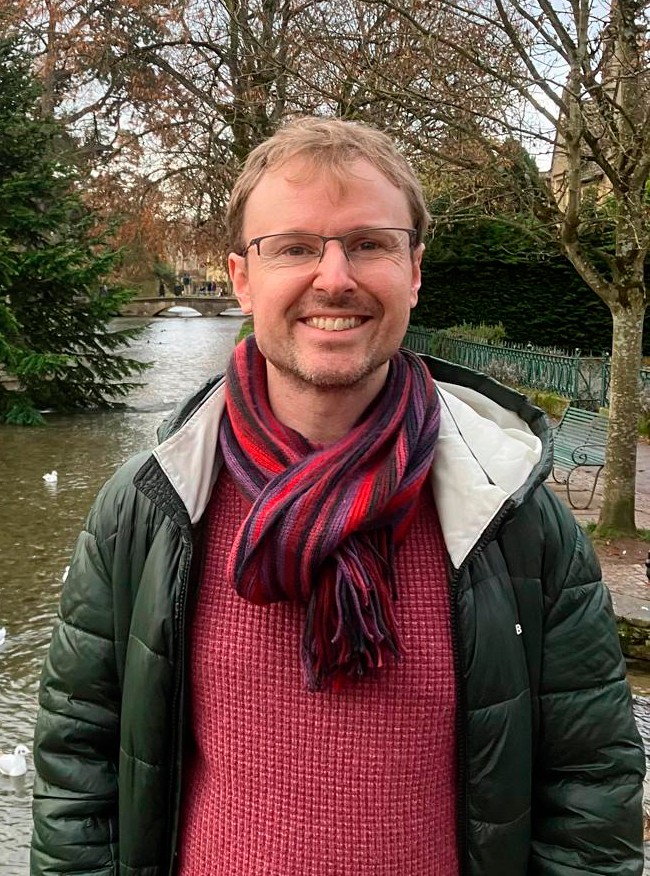
George Jennings, Senior Lecturer in Sport Sociology, Cardiff School of Sport and Health Sciences, Cardiff Metropolitan University, United Kingdom
George Jennings is a qualitative researcher and interdisciplinary social scientist interested in martial arts cultures, pedagogies and philosophies. Since his undergraduate and master’s dissertation on Wing Chun subculture (2004-06), his PhD work has examined how traditionalist Chinese martial arts can act as transformative practices for their long-term devotees, which was studied through (auto)ethnographic, narrative and life history designs. George has recently turned to questions around reinvention of martial arts and the reconstruction of specific aspects of martial arts in the Western context, as seen in his first monograph Reinventing Martial Arts in the 21st Century (2023). His ethnographies include studies of Wing Chun Kung Fu, Taijiquan, Xilam and historical European martial arts (HEMA). George is co-editor, with Augusto Rodríguez and Joaquín Piedra, of Martial Arts in Latin Societies (2025). He sits on various editorial boards including Revista de Artes Marciales Asiáticas while also serving on the academic advisory board for ICM UNESCO. George is founder of the Wales Martial Arts Research Network and the Movement Inspired by Martial Arts (MIMA) project, which delivers workshops to women and older adults in diverse communities in Cardiff.
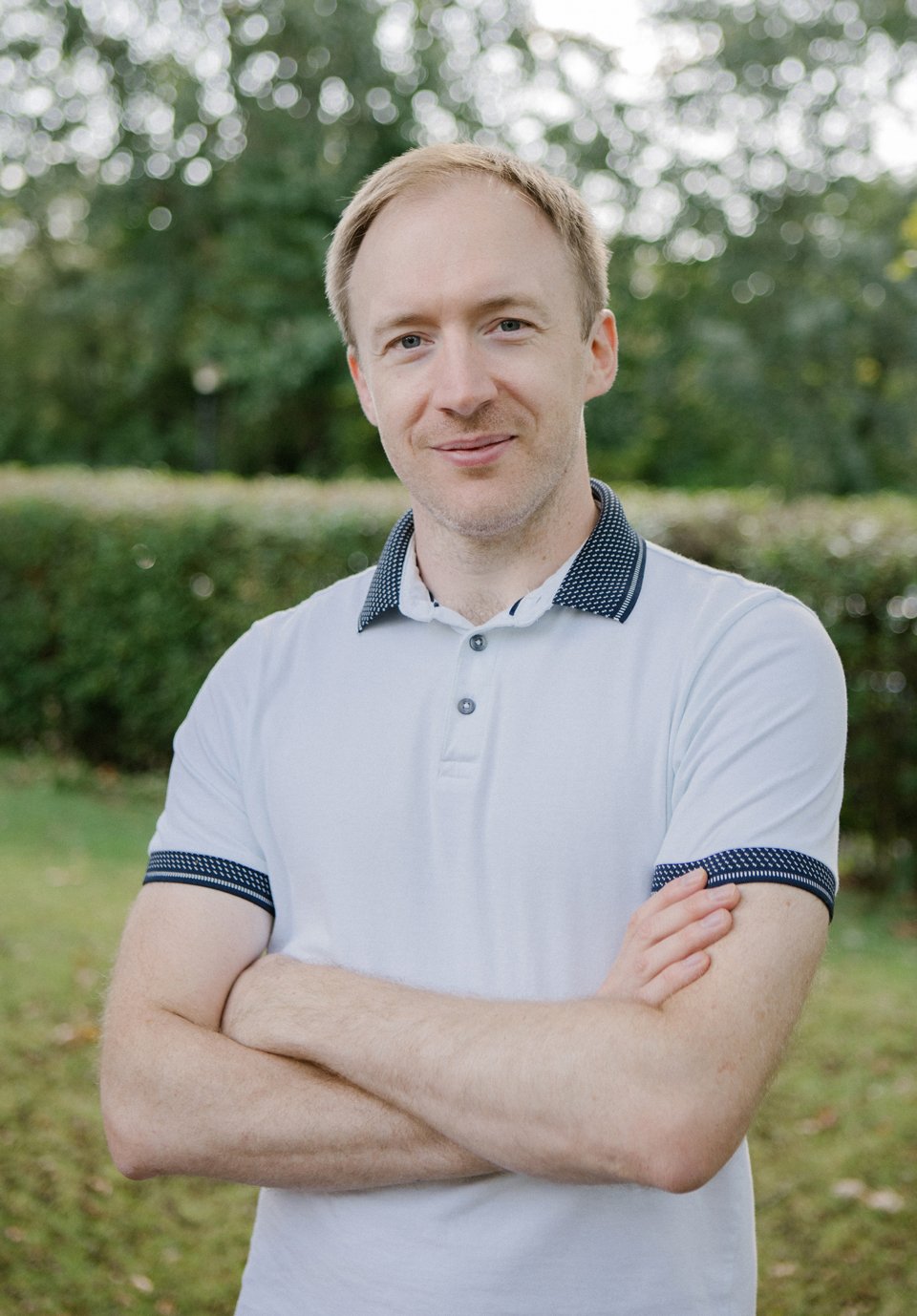
Alex Channon, Principal Lecturer in physical education and sport studies, University of Brighton, United Kingdom
Alex Channon’s academic background is in the sociology of sport, in which he holds MSc and PhD degrees from Loughborough University, UK. He has taught students enrolled on physical education, sport coaching, sport and exercise science, sport journalism, sport management, and sport studies degree programs, and has supervised doctoral candidates in anthropology, psychology, and sociology of sport. His research expertise centre on sociocultural aspects of combat sports, with specific interests in themes including gender and sexuality, violence, risk, and consent. His work has been widely published in journals across the fields of sport sociology, sport science, and martial arts studies, and he is the editor of three books, including Global Perspectives on Women in Combat Sports (Palgrave Macmillan, 2015). He is currently working on a mixed-methods study evaluating the mental health outcomes of Brazilian jiu-jitsu training among trauma-exposed professionals. He is the chair of his department’s research ethics and integrity board; the editor-in-chief of the academic journal Martial Arts Studies; and chair of the nascent Martial Arts Studies Association. He is also the founder of Love Fighting Hate Violence, an anti-violence initiative centring on the value of martial arts as a vehicle for consent education.
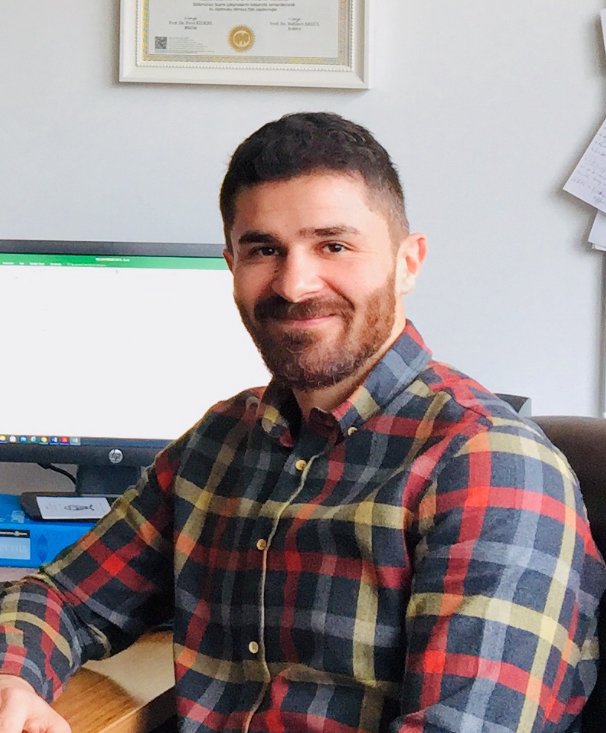
Bayram Ceylan, Associate Professor at the Department of Coaching Education, Faculty of Sport Sciences, Kastamonu University, Türkiye
Dr. Bayram Ceylan earned his PhD in Physical Education and Sport from the Gazi University, Ankara. His research area focuses on judo-specific training modalities, recovery, hypohydration in combat sports, and match analysis. He was visiting scholar at University of Leon, Spain, University of Physical education, Hungary and German Sport University Cologne, Germany. As a researcher, Dr. Ceylan has published over 30 academic articles indexed in Web of Science Core Collection and Scopus, focusing on training, performance, match analysis in judo and hydration in combat sports. He is serving as a Scientific Committee member for Revista de Artes Marciales Asiáticas (RAMA). He is Educational Committee member of Turkish Judo Federation and Scientific Committee member of European Judo Union. He coordinated “Fit Kids with Judo” ERASMUS+ project where they aimed to enhance physical activity level and nutrition habits of obese school children. Dr. Ceylan is a former judo athlete with European medals and currently coaching kid judo athletes.
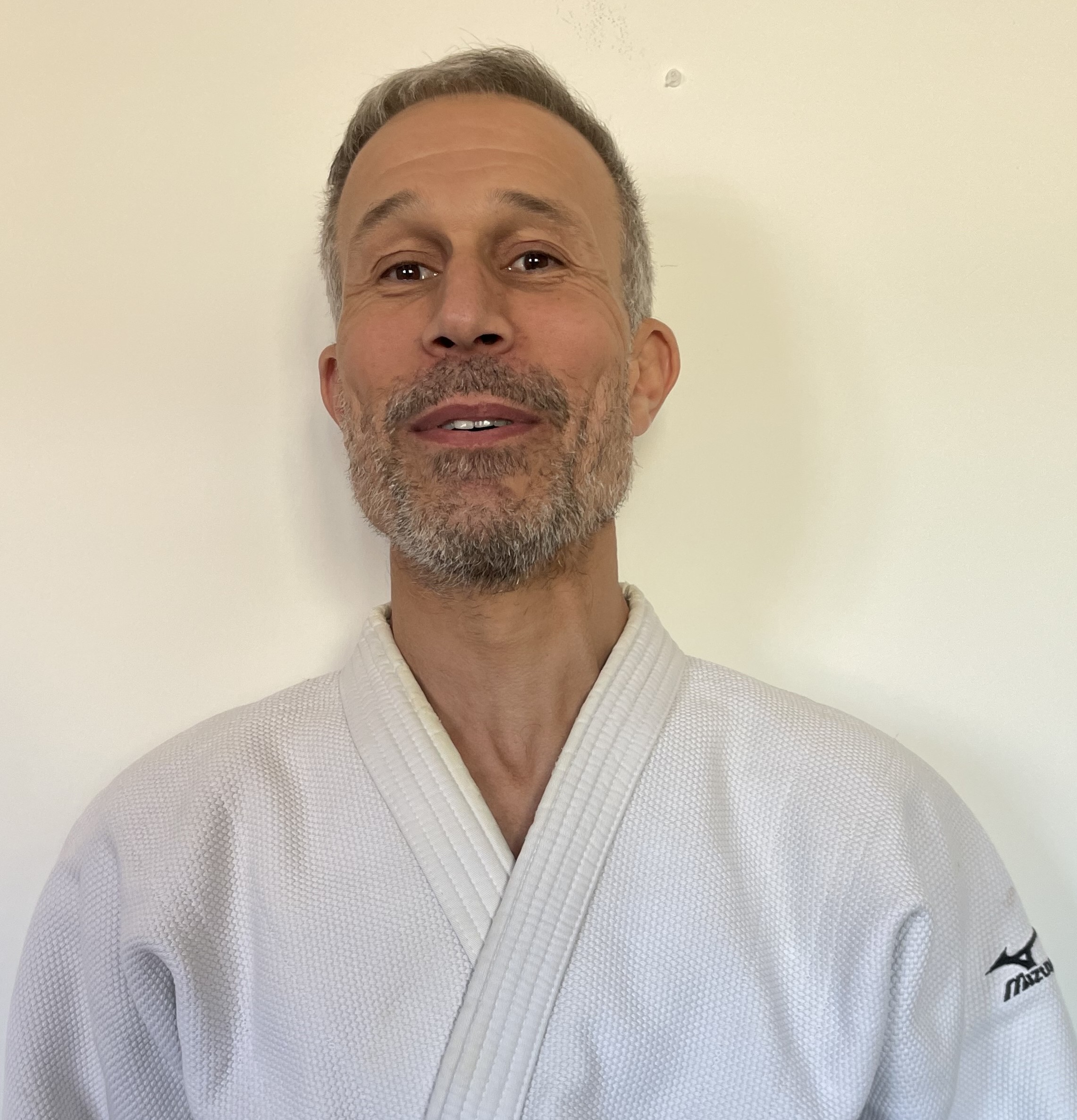
Luis Santos, Professor of Exercise and Sport Sciences, Department of Education Sciences, Faculty of Exercise and Sport Sciences, University of Oviedo
Luis Santos holds a degree in Exercise and Sport Sciences from the University of A Coruña (Spain) and the University of Prague (Czech Republic), a PhD in Exercise and Sport Sciences from the University of Oviedo (Department of Functional and Molecular Biology, Spain), and a Master’s degree in Research in Neuroscience from the University of Oviedo (Spain). He has completed visiting research stays at Anglia Ruskin University (United Kingdom), the University of Copenhagen (Denmark), and the University of Innsbruck (Austria). He served as Vice-Dean of the Faculty of Physical Activity and Sport Sciences at the University of León (Spain). He is an author and reviewer of peer-reviewed scientific articles in the areas of sporting performance and exercise and health. Furthermore, he holds a 5th DAN Judo belt and works for the Judo Federation of Asturias (Spain) in the area of coach training.
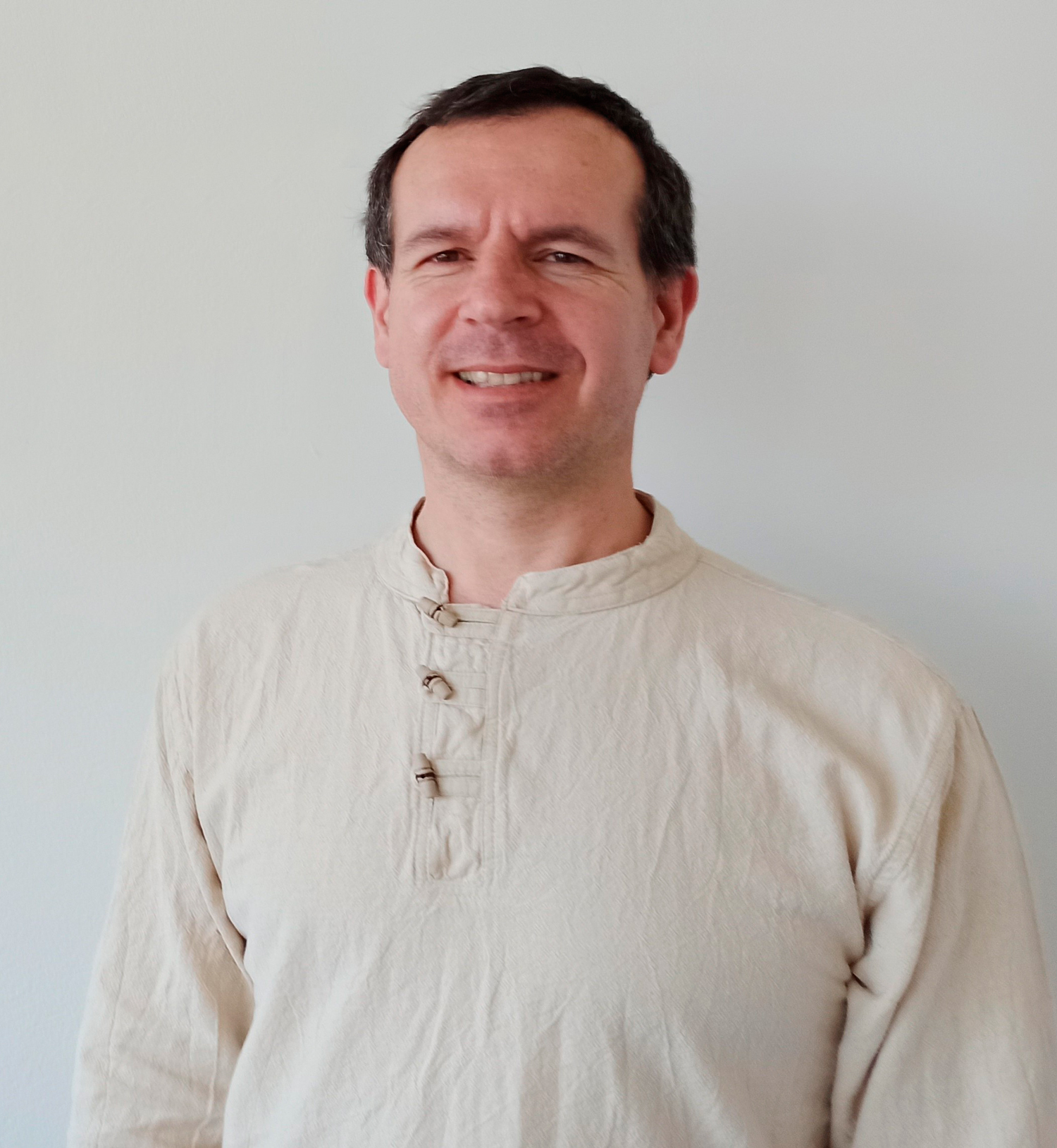
Zdenko Reguli, associate professor at the Faculty of Sports Studies, Masaryk University in Brno, the Czech Republic
Associate Professor Zdenko Reguli graduated in Andragogy (2001) and Sport Coaching (2000) at Comenius University in Bratislava. He then obtained his PhD in Sport Sciences (2007) at Masaryk University in Brno, where he also stayed to work at the Faculty of Sports Studies, currently serving as Vice Dean for Studies. He is involved in a wide range of activities in the field of combatives. In addition to dan grades in several martial arts, he has experience in personal self-defence training and security forces training. His teaching is based on Japanese martial arts, especially aikido, judo and iaido, and also on the unique concept of combatives in physical education, which has been a tradition in the Czech Republic in the Sokol (Falcon) movement since the end of the 19th century. As a practitioner, he is responsible for testing Aikikai dan grades in Aikido in the Czech Republic. At Masaryk University, he teaches practical subjects such as falling techniques, aikido, and judo, as well as theoretical subjects such as self-defence theory, martial arts, androdidactics, and kinanthropology. Zdenko Reguli is the creator and guarantor of unique study programmes, the Bachelor’s degree in Special Education of Security Forces and the follow-up Master’s degree in Applied Sports Education of Security Forces. He has worked with the police and the army. He has led several important projects in the Czech Republic, such as Comparative Police Studies in the EU or Optimization of Special Operations Forces Service. He has long worked with experts in the International Martial Arts and Combat Sports Scientific Society, currently as one of the vice-presidents. Zdenko Reguli also authored and co-authored numerous articles and a few books in the field of martial arts, self-defence, security and physical education.
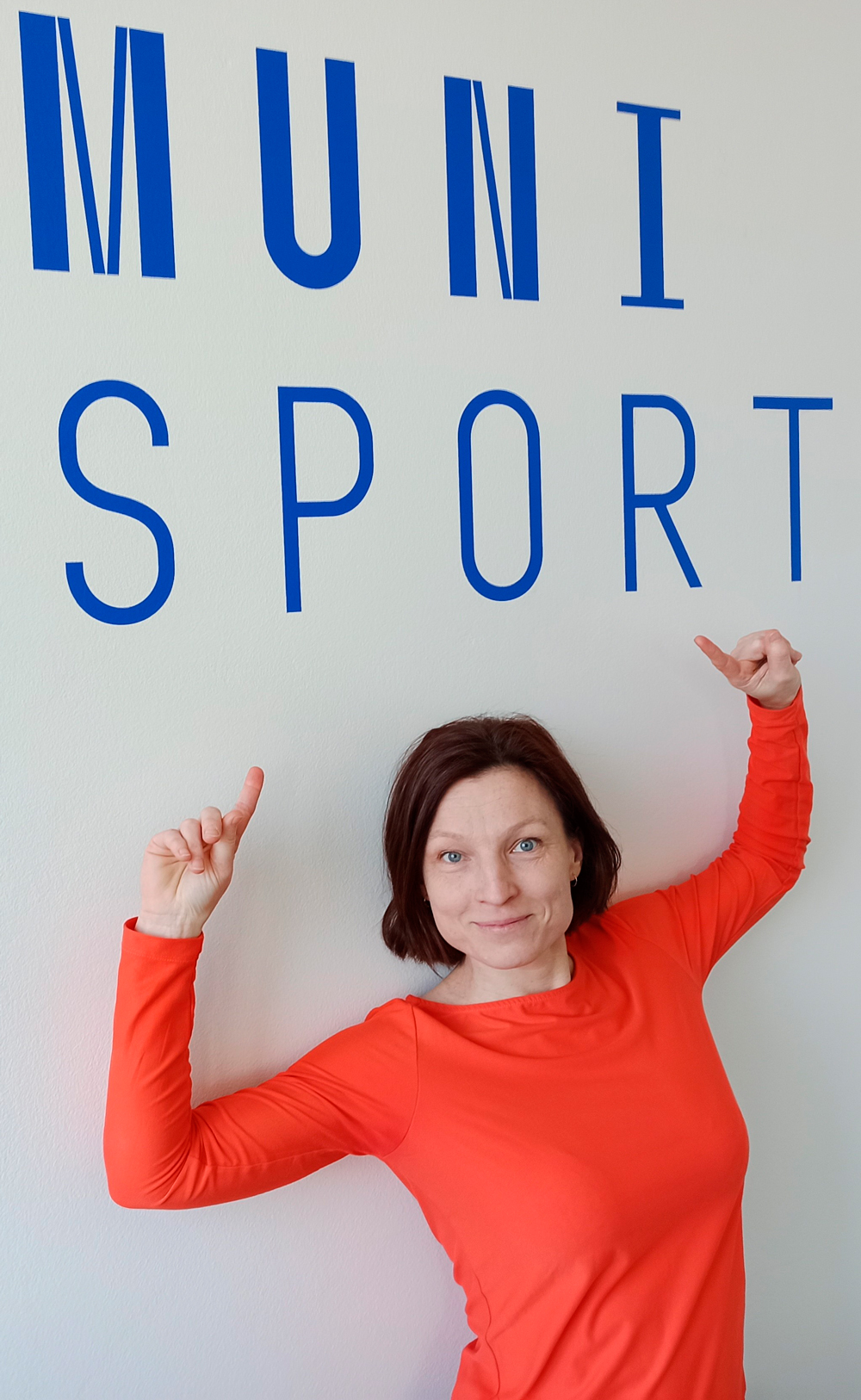
Jitka Reguli Čihounková, assistant professor at the Faculty of Sports Studies, Masaryk University in Brno, the Czech Republic
Assistant professor Jitka Reguli Čihounková graduated in Physical Education and Sport (2009) and obtained her PhD in Sport Sciences (Kinantropology, 2014) at Masaryk University in Brno, where she also stayed to work at the Faculty of Sports Studies. She is involved in a wide range of activities in the field of combatives. In addition to 3rd dan grade in karate, she has experience in personal self-defence training and security forces training. Her teaching is based on the unique concept of combatives in physical education, which has been a tradition in the Czech Republic in the Sokol (Falcon) movement since the end of the 19th century. At Masaryk University, she teaches practical subjects such preparatory combatives, didactics of combatives for PE, karate, selfdefense for people with special needs, as well as theoretical subjects such as kriminology and self-defence theory. She is also the supervisor of professional practices in study programmes the Bachelor’s degree in Special Education of Security Forces and the follow-up Master’s degree in Applied Sports Education of Security Forces. She has worked with the army as a member of project team of Optimization of Special Operations Forces Service. Jitka Reguli Čihounková also authored and co-authored numerous articles and a few books in the field of martial arts, self-defence, security and physical education.
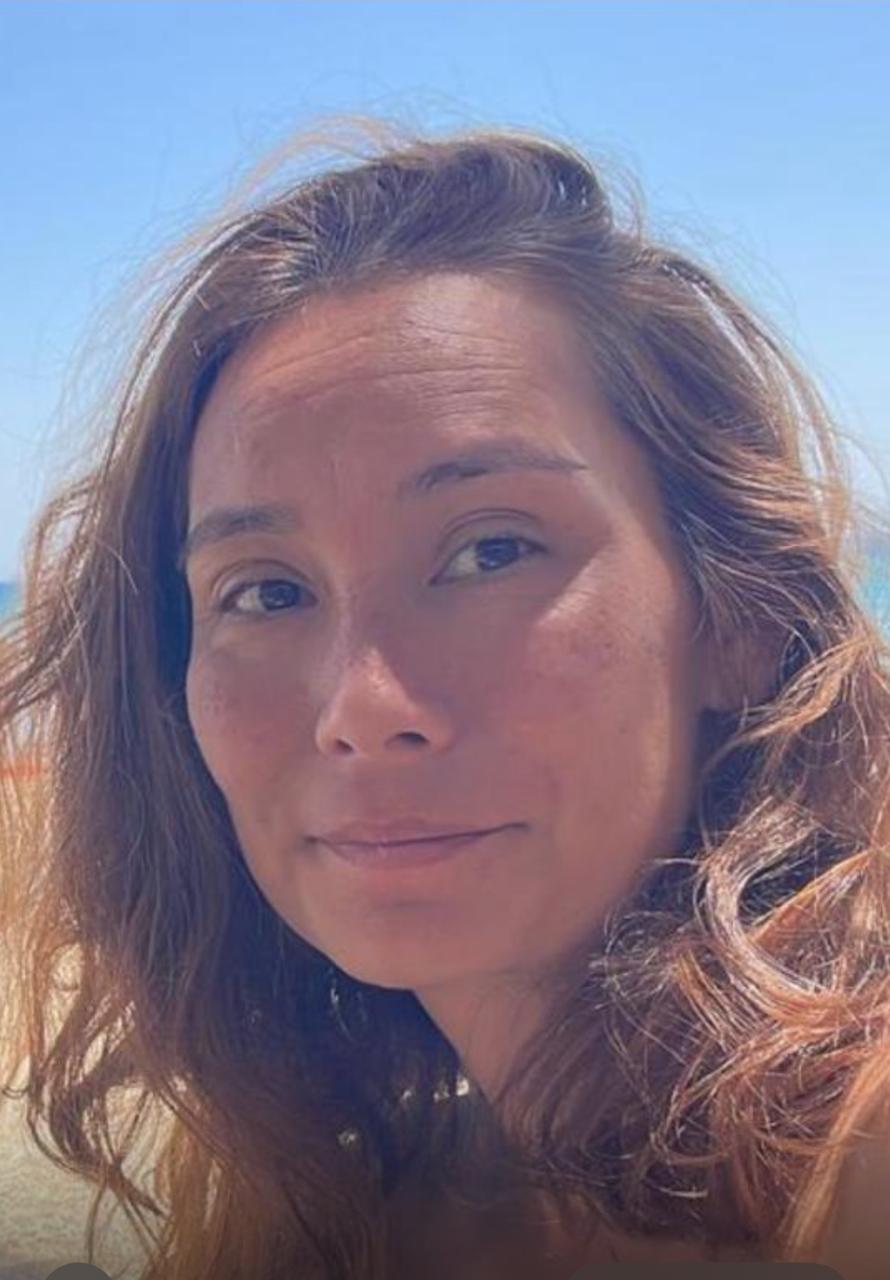
Monica Yuri Takito, Professor at the Pedagogy of Human Movement Department, School of Physical Education and Sport, University of São Paulo
Monica Yuri Takito holds a degree in Physical Education (Bachelor, 1995; Licentiate, 2001) from the University of São Paulo, a master’s degree (2001) and a PhD (2006) in Collective Health from the University of São Paulo. She completed postdoctoral research at the Université de Montpellier (France) and at the University of Canberra (Australia). She has experience in Physical Education and Public Health, with a focus on physical activity promotion, and body composition, particularly applied to adulthood, and judo. She has developed research and extension projects aimed at promoting physical activity and healthy lifestyles, with international collaborations including researchers from France, Australia, and the UK. Since 2007, she has worked as a professor at the University of São Paulo, coordinating community programs focused on adult physical education and promoting exercise. In addition, she completed an MBA in Data Science and Analytics at the University of São Paulo (2024), expanding her research expertise into data-driven approaches for health promotion.
